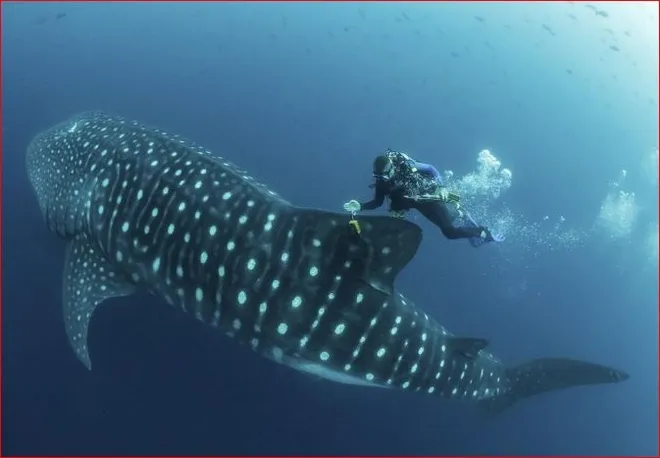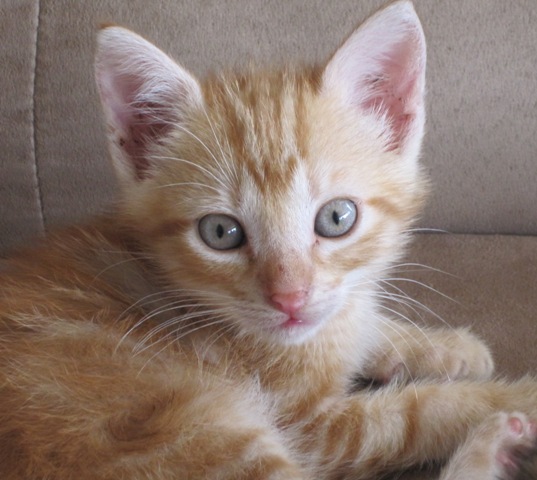When a ruler borrows a plane

From the business point of view, a company taking advantage of the poor ethics of public officials, is an unfair practice that must be fought.
Despite the legal prohibition of public officials receiving bribes, gifts or entertainment, some rulers insist on requesting various resources or services in some capacity from private companies, ignoring the obvious conflict of interest generated by this practice says CentralAmericaData.
The recent scandal over President [of Costa Rica] Chinchilla's trip on a plane that the government requested as a courtesy from a company, triggered recommendations from various corporate consultants, in the sense that it should be avoided, opinions that were collected in an article in Elfinancierocr.com.
In another article, also in Elfinancierocr.com, public policy analyst Juan Carlos Hidalgo says:
"It is true, as the president said last night, that this incident involved the government accepting a gift from a private company. As previously reported, it was the Office of the President that contacted the company THX Energy to request 'complimentary' use of their plane to ferry Dona Laura to a wedding in Peru. A 'courtesy' whose estimated value is $30,000. In what civilized country can it be seen as appropriate for the office of the first president to ask for "complimentary" services from private companies? Remember that this is the head of state and the state has a monopoly on the use of force in a country. What if a company dares to say no to the President? Will the Tax office visit them tomorrow, or the CCSS, or Setena? We already know what happened to a 'Techo Por Mi País' (Roof For My Country) when it said no to a request from the Presidential House regarding a 'courtesy.' And have applications 'complementary' private flights or weekends at luxury hotels, special tickets to events, etc been limited?
“Hi, I'm Al Capone. Can I borrow your plane? ".
Footnote: Panama’s $22 million presidential jet was a gift from the Taiwanese government and business leaders are frequently seen as passengers





